By: Dr. Rebecca Wright
Looking back, if I’d have known that I would be prepared to face a pandemic and maybe have some suggestions to offer because of my 24 years of being ill, coping with loss and then the change of being away from my family in the past four years since moving the to the U.S. from the U.K… I’m not sure how I would have processed that. But today I’m grateful for all of it. More so, as a nurse, everything we go through we can turn back out to help those around us.
I’ve combined the lessons into something I hope may be of comfort and support to you now. Take what helps, and as they say back home, keep your chin up.
1. Frame of mind is everything
Pay attention to what you read, how long you’re on social media, who you are listening to and what messages they are giving. Notice how it impacts you. Do what you need to keep your frame of mind healthy.
2. Acknowledge change, and that change (even when good) means loss in some way.
Right now, we are going through rapid, unprecedented change with a lot of uncertainty. When you move home, get married, have a baby, start a new job – things generally viewed as positive – you often still go through a process of struggling to adapt and change. Because that change has meant a loss of what was, what you knew. And loss means that you need to let yourself grieve
3. Use technology to build your community (back) up
People need people and being forced to become an island can be difficult for some (though I have heard from numerous introvert friends that they have been practising for this their whole lifetime!). For those who are missing contact, I highly recommend finding inventive and fun ways to connect.
Strategies:
- My family and I found ways to play board games over video conferencing, taking photos and screenshots.
- You can still have movie nights or watch shows ‘together’ using video chat or messaging throughout. My family have done that when watching things like the Eurovision Song Contest and Great British Bake Off.
- Another sister just set up a new WhatsApp chat room for family and extended family. We set our alarms at 12pm EST and 5pm GMT, we all message to check in with how we are, how our day has been, any prayer requests or other concerns, jokes and general silliness. For me a lovely part has been getting to introduce my UK people to my US people!
4. Make a routine (and don’t feel bad when you immediately break it!)
Part of the adjustment is that your routine is suddenly gone. So make a routine, try to stick with it, but remember these are constructs and not laws.
5. Reward yourself (and your chums)
I have never been someone who functions well without the occasional (read as ‘hourly) encouragement. None of us knows what will happen in the world right now, and most of us are working hard one way or another to keep going. So remind yourself that you are doing well. Then remind others. Whatever you need, start by trying to give it out.
6. Advice, inspiration and encouragement is out there
For lots of us, a complete shut of country, restrictions on movement, curfews and so on are entirely alien, but around the world other people have dealt with similar situations. So read biographies of people who inspire you who went through times like these.
7. Use what you’re learning to build empathy
Really listen and think about what someone else is going through. Hearing clichés and feeling dismissed when I was slowly processing life changes was almost harder than processing the situation. Being told I had to register disabled, or that I wouldn’t be able to nurse clinically again, or even when I was younger that I might not be able to finish school with my peers (I did, I just taught myself from home instead) was challenging. Friends and family who were willing to give the time to let me process and just let me feel how I felt were a Godsend. So be thoughtful, use this to help you become more compassionate.
8. You aren’t actually alone
When I got sick, I was the only one getting sick. When I moved to the U.S., I moved here alone. Which meant that although people were loving, and kind, and gracious to my frequent and chaotic emotional meltdowns and culture shock, they couldn’t always relate. Right now however, we have a uniting experience. And despite the horror of it, as a society we are fracturing between race, generation, gender. Suddenly we all have something that we are all hit by. There is actually some solace in that.
9. Recognize that an important buffer is missing at the moment
Figure 1: Wright’s Theory of the Bereavement Chain Buffer
What I mean by this is that typically in a crisis or time of loss there is a social chain that the pain moves along, with ever decreasing impact. Let’s call it ‘Wright’s Theory of the Bereavement Chain Buffer’ (Figure 1). As the person at the epicentre goes through loss, change, bereavement they share it with those closet to them to help cope. In turn, their loved ones need support to keep giving support. So they turn to their social network, and so on and so forth until the proximity to the initial pain is reduced. There is still an impact but the people at the outer circles are generally able to provide support and move on relatively un-impacted and so the initial intensity eventually dissipates. Right now, we have no buffer because the pandemic hit around most of world at around the same time. Recognizing this might help some of us adjust, draw on what we have learned from previous experiences and try to rebuild those buffers to strengthen the chain and offer support.
10. Fight the feeling that you’re not doing anything to help
- Are you on the front lines? Good, thank you! We appreciate you.
- Are you in administration and providing back up support? Good, thank you for helping things keep running.
- Are you providing adjunct support? Good, thank you, this helps the front line staff keep going and takes off pressure.
- Are you limited in what you can and how you can help right now? Good, thank you for being wise and not adding to the chaos. Quite soon those front line staff are going to need more support, we don’t know what’s ahead and we need people who are healthy, rested and ready to go. Consider yourself the reserves.
- Are you outside of all of these categories? Good, thank you for everything you are doing. All those on the front lines are doing this for our community, for you (us), so don’t lose hope, stay sane, be wise, highlight the fact that we are in this together, be part of the community efforts. Be ready to return to work or look out for those who have lost their livelihood. Simply just being a face that can offer a smile will do more than you realise.
11. Be careful of where/how/who you talk to
I learned this one from my gran when she would share her experiences of living through the Second World War. There were a series of government posters called ‘Careless Talk Costs Lives’. They focused on reducing the risk of sharing secrets, but there is a principle that applies to us now. We can spread anxiety and panic, or we can spread kindness and the best, most factual information that we can find. Just think a little about what you are saying to whom.
Strategies:
- Before you offload, ask the person if they can handle it right now.
- End on a positive or at least with kindness.
- Do not spread gossip or rumours – minimise the damage.
- Do spread where there is a need for help or where we can build each other up.
12. Build your emergency ‘toolkit’
At one stage, I was referred to a Pain Management Program, which was incredibly helpful. Medication is just one tool; others can be favorite shows, books, and more that you know will cheer you on in difficult moments.
13. Keep finding joy and jokes
On a personal level, humour kept me going. Learning to find comedy lessened the pain and the panic I often experienced. I would (and still do when I talk about my experiences) refer to myself as a wee diseased cripple. It helped me name what I was living through and the level of drama in the phrasing just made me laugh. An affectionate nickname of PegLeg during my school years also made me chuckle. I’m not advocating that everyone have the same sense of humour, and mine is pretty dark at this stage given my experiences and work in palliative care. But, laughter is good for the mind, body and soul and even ability to learn!
I hope that these help, take what you like, ignore what you don’t. They won’t apply to everyone so share your own and keep the experiential wisdom rolling!
ABOUT THE AUTHOR
 Rebecca Wright, PhD, BSc (HONS) is an assistant professor at the Johns Hopkins School of Nursing. A palliative care specialist, her research is based on the clinical challenges she has witnessed among patients, families, and emergency staff. Dr. Wright’s work continues on improving the delivery and experiences of palliative and end-of-life care, with a focus on older people, family caregivers, emergency care, and dementia.
Rebecca Wright, PhD, BSc (HONS) is an assistant professor at the Johns Hopkins School of Nursing. A palliative care specialist, her research is based on the clinical challenges she has witnessed among patients, families, and emergency staff. Dr. Wright’s work continues on improving the delivery and experiences of palliative and end-of-life care, with a focus on older people, family caregivers, emergency care, and dementia.

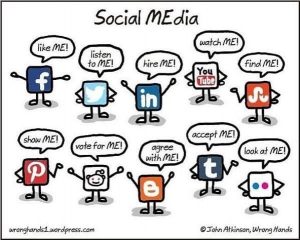



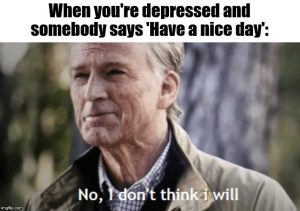
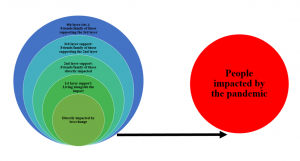
 ‘Helpful, Powerful, Kind’ Palliative Care
‘Helpful, Powerful, Kind’ Palliative Care COVID and Nursing: Where to from Here?
COVID and Nursing: Where to from Here?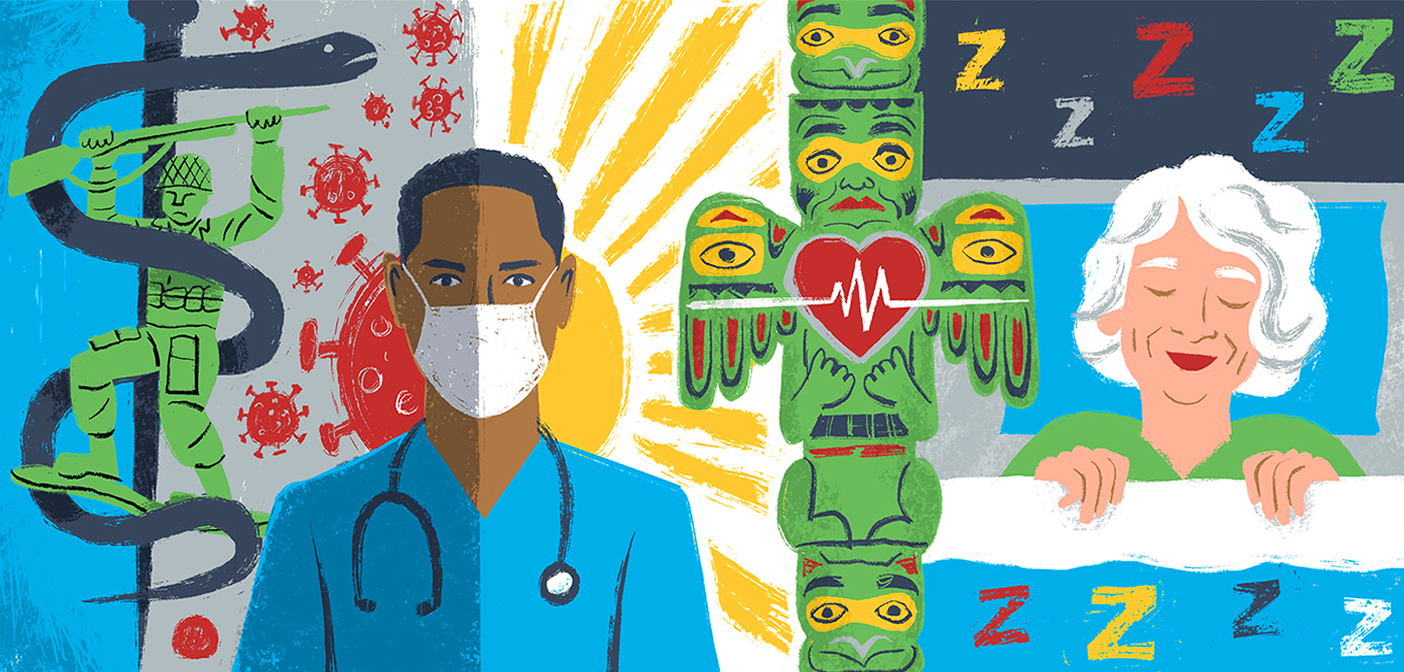 Summer Research Roundup 2023
Summer Research Roundup 2023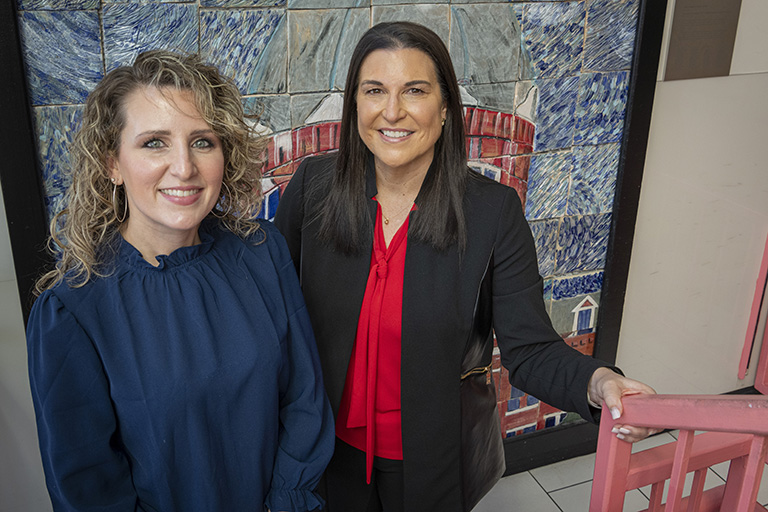 Help on Diabetes in Schools
Help on Diabetes in Schools Palliative Care: The Time for the Talk
Palliative Care: The Time for the Talk







